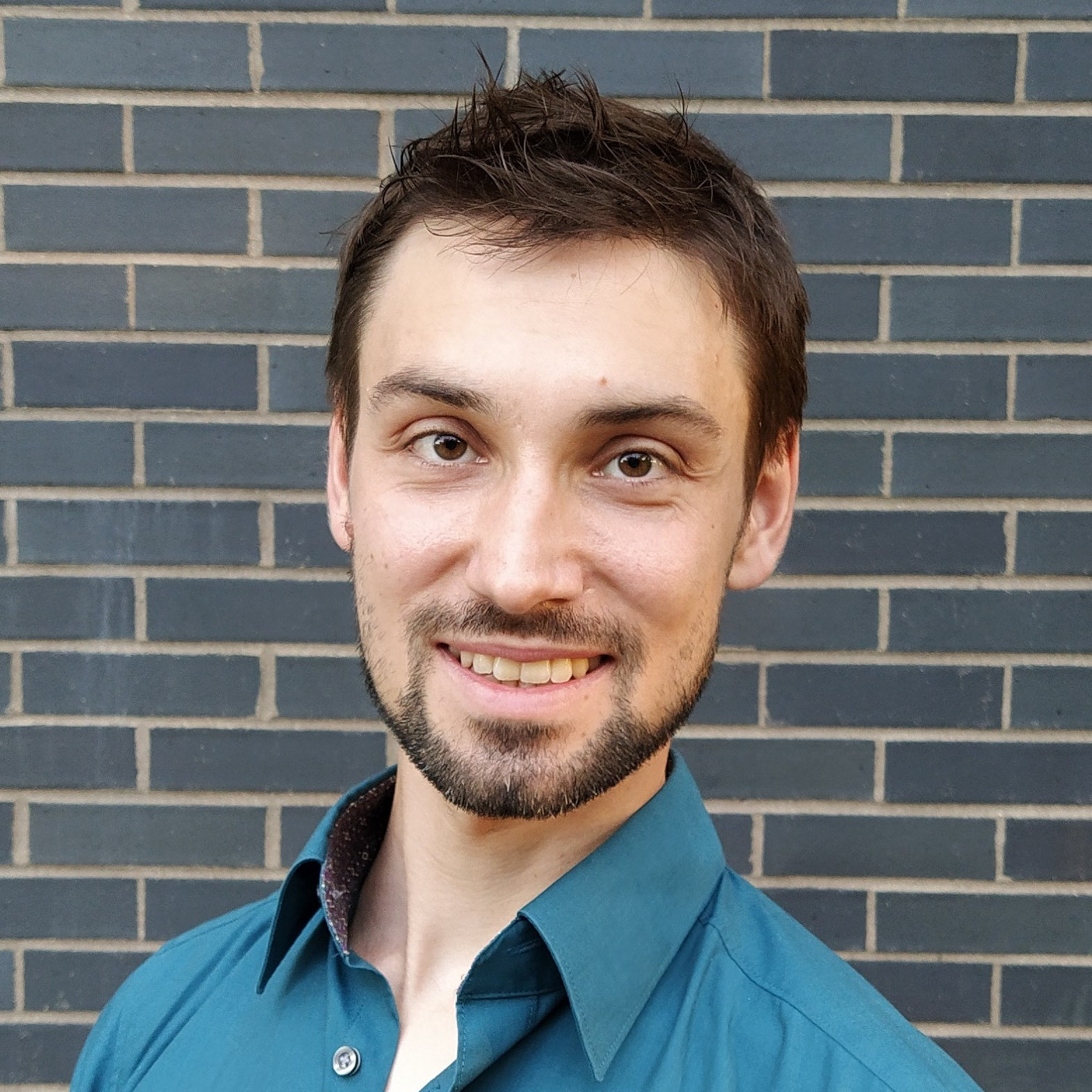I am a Senior Data Scientist at the Swiss Data Science Center (SDSC). I work on developing principled and practical algorithms for sequential decision-making, and deploying state-of-the-art machine learning techniques in challenging real-world applications. See below for some of my research highlights.
Before joining the SDSC, I completed a PostDoc with Csaba Szepesvári at the University of Alberta (supported by an SNF Early Postdoc.Mobility fellowship). I hold a PhD in machine learning that I completed under the supervision of Andreas Krause at ETH Zurich.
If you are a student looking for a thesis project, I have several projects available here and here.
News
| Nov 1, 2023 |
Two papers accepted at NeurIPS!
|
|---|---|
| Aug 21, 2023 | I am starting a new position as a Sr. Data Sciencist at the Swiss Data Science Center in Zurich. Ping me if you like to catch up! |
| Aug 13, 2023 | Our paper on Linear Partial Monitoring for Sequential Decision-Making: Algorithms, Regret Bounds and Applications, together with Tor Lattimore and Andreas Krause, got accepted for publication at JMLR. |
| May 1, 2023 | We are restarting the reinforcement learning online seminars. Join us for exciting talks and engaging discussions! |
| Jan 20, 2023 |
Two papers accepted:
|
| Feb 1, 2022 | I am serving as Associate Chair at ICML 2022 |
| Aug 1, 2021 | Started my PostDoc at the University of Alberta |
| May 17, 2021 | Successfully defended my PhD thesis! |
| Dec 15, 2020 | I received an SNF Early PostDoc.Mobility Fellowship |
Research Highlights
Safe Bayesian Optimization for Particle Accelerators
Together with collaboraters at PSI and ETH Zurich, I developed safe data-driven tuning algorithms for particle accelerators. Manually adjusting machine parameters is a re-occuring and time consuming task that is required on many acceletors and cuts down valuable time for experiments. A main difficulty is that all adjustments need to respect safety parameters to avoid damaging the machines (or trigger automated shutdown procedures). We successfully deployed our methods on two major experimental facilities at PSI, the High Intensity Proton Accelerator (HIPA) and the Swiss Free Electron Laser (SwissFEL).
Frequentist Analysis of Information-Directed Sampling
In my PhD thesis, I pioneered mathematical foundations of information-directed sampling (IDS), an algorithm design principle proposed by Daniel Russo and Benjamin Van Roy. Together with Tor Lattimore and Andreas Krause, I showed that the algorithm applies much more broadly to linear partial monitoring (and is provably near-optimal in all finite-action settings). More recently, I showed that IDS is also asymptotically optimal (together with Claire Vernade, Tor Lattimore and Csaba Szepesvári). This resolves an open problem in the literatue. It is also a remarkable result, because IDS was never explicitly designed for this regime.
